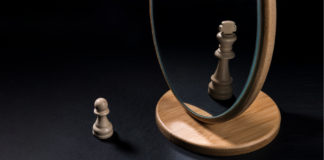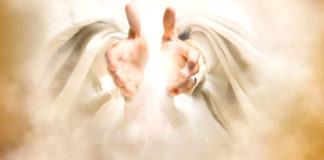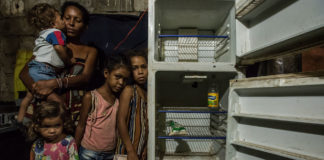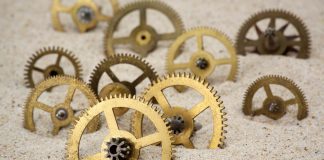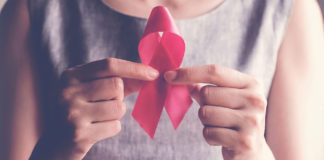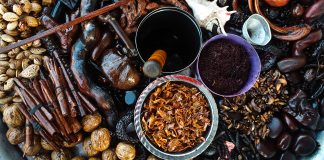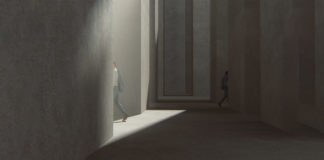Understanding ourselves better, by understanding our dreams
Ever since ancient times, people have been interested in the origin and purpose of dreams. The initial theories relied heavily on the supernatural and dreams were seen as mental meeting places for gods and mortals, where gods could express their will to mortals, reveal the future to them, or deliver messages from the afterlife.
Why much of what we know about ourselves is false
Two groups of participants in an experiment received a set of eight questions similar to those found in IQ tests.[1] One of the groups was provided with the correct answers, which they could use to calculate their final score. Thus, for them, the conditions for cheating were favourable, and the test results showed that the members of this group obtained, on average, a...
Jesus was born today… But why?
Sometimes we are so absorbed in our beautiful Christmas traditions that we don't even realize that our love for them makes them ugly.
The real St Patrick: fact or fiction?
Shamrocks, leprechauns and green beer: these are the images we associate with the patron saint of Ireland and the day named after him. On March 17 every year, people around the world gather to celebrate Irish culture and the saint who supposedly espouses it.
The eternal illusion of the fundamental secret
One of the mind’s most pleasant and, at the same time, most tormenting occupations is to dream of a better life. How many times have we tried to generate a change for the better by means of a new purchase, new friends, new house, new job, new relationship or other ideas for a fresh start?
The ties of love
“Truly I tell you, if you have faith as small as a mustard seed, you can say to this mountain, ‘Move from here to there,’ and it will move. Nothing will be impossible for you” (Matthew 17:20).
Children’s finances
Mel Rees, a contemporary Christian author, observed that “money [...] is life [...] in a tangible form.” He reasoned that life is “an expenditure of time and talent,” while money is “the result of the use of time and talent.”
Don’t say I haven’t told you so…
During my adolescence, a Swiss author, Erich von Daniken, made waves with his theories about extra-terrestrial influences on early mankind. His most important book was called Memories of the Future. Of course, his ideas have no support today, but the idiom remains: memories of the future. Something from the past says something about what is to come.
People who face tragedies with eyes wide open
When faced with great tragedies, the most overwhelming feeling is one of helplessness. What can we do to change the lives of the hurting for the better? How can we help when not even the strong can find solutions? The answer is not simple, but it is more accessible than we might believe if it includes empathy, courage, and the faith that any...
The invasion of thoughts that endlessly postpone our happiness
The inability of the mind to concentrate on what one is experiencing in a particular moment has the effect of overshadowing the joy of a day, even when the subject of the wandering thoughts is as pleasant as can be.
The wellness expert amateurs who sickened us
In Europe, few people know Gwyneth Paltrow as anything other than an American actress. In the United States, however, her "modern lifestyle" wellness brand called goop is growing her reputation—in a negative way.
The fight against cancer is a silent fight in the pandemic
The costs of the COVID-19 pandemic are easy to quantify, but not easy to pay. In fact, in some situations, this is even impossible. Cancer patients are showing it undeniably. According to a study published on May 10th, 2021 by the European Cancer Organization (ECO), throughout Europe, health systems have been overloaded, due to a large number of COVID patients. Consequently, dysfunctions in...
“When doctors don’t know what to do, it’s time for alternative medicine.” True or false?
When it comes to cases where "doctors don't know what to do," the first thought that comes to mind is usually cancer. Conventional treatment, which can prolong life for a few years and sometimes just a few months, comes at a high price in the quality of life, and patients come to prefer the "natural" way: alternative medicine.
How can I discover God’s will for my life?
Whoever enters into a friendly dialogue with the will of God will never be the same person as before this dialogue. However, whatever one believes about God's will depends on their view of God's character and, therefore, on God's purpose for them.
We are more than we can easily explain
Suppose I leave the window open then leave home. A stack of banknotes can be seen on the table through the open window. An individual walking down the street notices the opportunity, thinks for a while, but decides to move on. Why would a man who has the opportunity to steal decide not to?













